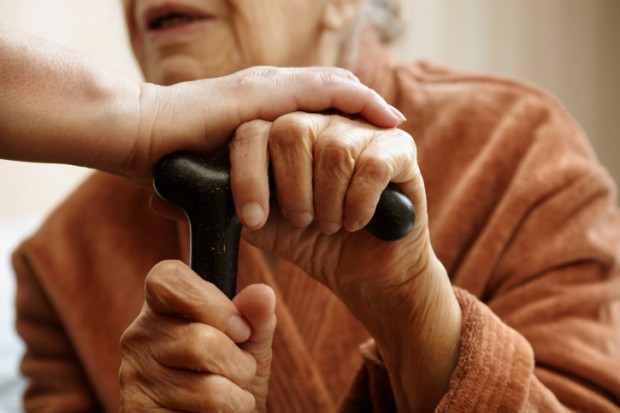
Virtually all doctors have difficulty talking to their patients about death, and those conversations are even harder when the patient's ethnicity is different from the doctor's, according to a study published Wednesday in the online journal Plos One.
Dr. VJ Periyakoil, author of the study, outlines a typical scenario that’s troubling to doctors. She describes a 65-year-old patient, an Asian woman who is smart and thinking clearly. But whenever the doctor asks her a question, it's always the patient's son who answers.
“As a doctor I would really struggle with what to do in a situation like that,” Periyakoil says, “where the patient has no voice, if you will.”
This is a common scenario Periyakoil confronts as the director of palliative care education and training at Stanford's School of Medicine. Her study confirms that 85 percent of doctors face a range of obstacles when talking about the end of life with patients from different ethnic backgrounds.
“The number one barrier was language and medical interpretation issues,” she says.